Michelle Childs & Ross McGuigan
It's about health being everybody’s business and recognising that inclusion is everyone’s responsibility
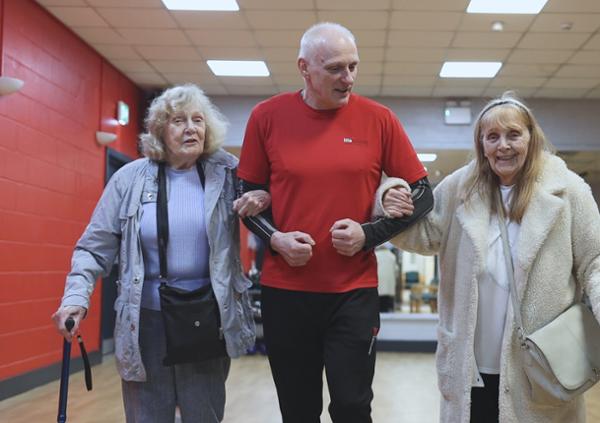
What’s Life Leisure’s approach to the provision of physical activity in Stockport?
RMG: We launched a community strategy in 2022 which takes a whole systems approach to supporting Stockport residents in being more physically active.
The strategy runs to 2030 and has a huge focus on inclusivity when it comes to programming.
We’ve been given much more autonomy, told to take risks, work differently and not to come up with solutions. Instead, we give ownership to the community when it comes to making decisions about what they want to do.
We’re striving to positively address health inequalities and as part of this we’ve introduced the role of inclusion officer, as well as training that’s specific to certain disabilities, such as autism, as well as disability awareness generally.
How were you working before? What’s changed?
MC: Rather than being a delivery partner, we see ourselves as a promoter and a connector. We’ve moved away from the traditional way of working, which was a focus on sports development and are now focusing on communities.
A really important part of our work is putting people first, meeting people where they are and with a particular focus on people who aren't being seen.
Traditionally, as a sector, we roll out one programme across the whole locality, but our approach is about understanding that each neighbourhood is different. We're the seventh or eighth most polarised borough in the UK, with areas of high affluence, as well as social deprivation.
Stockport has a 10-year difference between the life expectancy of a male in the most deprived area compared to the most affluent, despite their being just a few miles apart. So naturally we shouldn't be delivering exactly the same across all areas. That's where we've taken the neighbourhood-level approach: we want to connect with those communities and give them a better opportunity.
There are five key demographics we want to engage with: those with special educational needs and disabilities (SEND); inactive adults; ageing adults; families and young people and those with long-term conditions.
How do you find out what communities need?
MC: We connect with community champions and partner with trusted organisations that have relationships in those areas and are able to act as icebreakers for us to start speaking to people. We also attend community events and run an informal forum.
For example, teaming up with R Time and Youth Offending Service is giving young people the voice to shape the provision they want. This way of working and being person-centred has meant R Time received an additional £180k of Lottery funding over three years to continue to drive this really important work.
What changes have you made as a result of these collaborations?
We had some tough meetings with SEND families who gave us feedback that our swimming lessons were not inclusive and that they couldn’t access the inflatable sessions because their children were not able to swim.
We took that on board and now hold a two-hour event every six weeks, exclusive for SEND families, where we put all the inflatables out and have additional lifeguards.
When we put the expression of interest out, we had 250 families respond. We listened to feedback about how to make the session more inclusive and less overwhelming, which included making small modifications, such as turning off hair dryers. Going forward we hope to roll this out to more facilities.
RMG: To support the session we also put together a sensory booklet which details the journey of going to the swimming pool, which can be really beneficial for a SEND family in terms of what to expect and how to prepare.
MC: Another example is how we worked with volunteers to create a map around Brinnington. It’s basically a walking trail, which is a great way of getting people active, especially families. We’ve also created Halloween and Christmas trails. This is not the sort of work traditional leisure operators do, as it’s more like public health, but we’re working to bridge the gap between the two by doing engagement work.
RMG: The Active Communities team, in partnership with Age UK, also runs an OAP youth club to get older people active and relieve social isolation. Part of this are Confidence Walks around the sports hall. These appeal to those with mobility, or breathing difficulties, who want to be active but lack the confidence to walk outside.
They do a few exercises to help with strength and balance, have a walk, but also have the reassurance of there being plenty of chairs for a rest and people to chat with.
We’ve also found hosting coffee mornings in an active setting has helped encourage different people through the doors, some of whom may previously have had a negative perception of the gym.
Is this a more expensive way of working?
RMG: No, it means money is spent in a targeted way, because we find out what communities want, then create the programme. It is easier to find funding when you can prove there is a need.
How do you measure success?
MC: We don’t have specific targets, it’s more about understanding who we’re motivating to take part rather than how many people we’re attracting.
We also look at what percentage of our visits come from target groups and if this percentage is proportionate to the cohort who live in Stockport. We measure the benefits of engaging in the activities, however, the KPIs can vary depending on where the funding comes from – Sport England might want us to measure X Y and Z, whereas funding from public health commissioners might want something else, for example.
Should more local authorities work this way?
MC: I think we’re seeing a cultural shift and there are some good examples nationally. It’s about health being everybody’s business. Historically, there was a siloed approach, with health being limited to one department and fitness in the other, but where we get the most traction and have the biggest impact, is when everyone – from the lifeguard to the general manager – buys into the idea that everyone has a role to play in getting people active.
It's about making being physically active the norm and recognising that inclusion is everyone’s responsibility.
Michelle Childs is head of health development and Ross McGuigan is Active Communities manager at Life Leisure
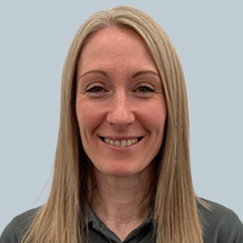
"Hosting coffee mornings has helped encourage people through the doors who previously had a negative perception of the gym" – Michelle Childs
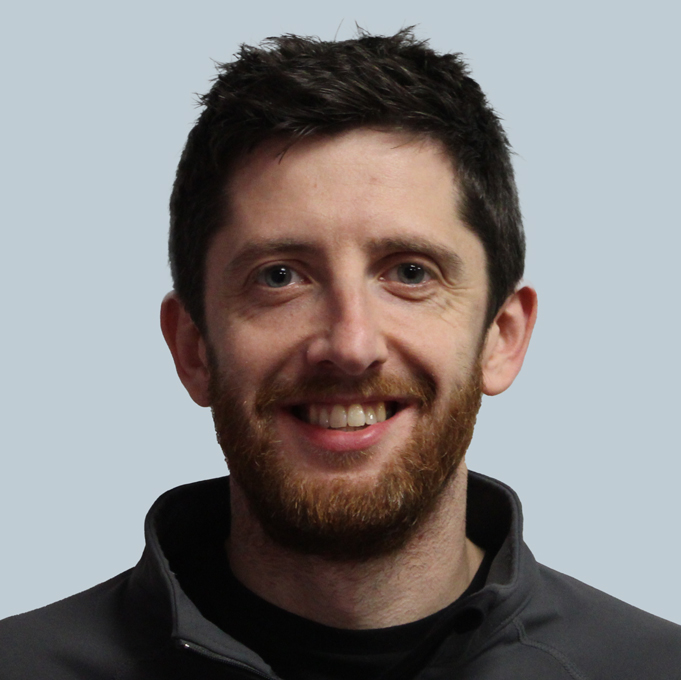
"It’s easier to secure funding when you can prove there is a need" – Ross McGuigan
There’s been a 46 per cent increase in people accessing Life Leisure from the 20 per cent most deprived areas of Stockport since April 2022
Attendances at Brinnington – one of the most deprived wards in England and Wales and a Sport England and GM Moving local pilot delivery area – has doubled to almost 11,000 annual visits and growing
93 per cent of participants who completed an IPAQ (international physical activity questionnaire) increased their physical activity levels by an average of 74 per cent when compared to baseline
Since April 2022, there’s been a 43 per cent increase in exercise referrals, which supports those with long-term health conditions to better manage their condition through physical activity

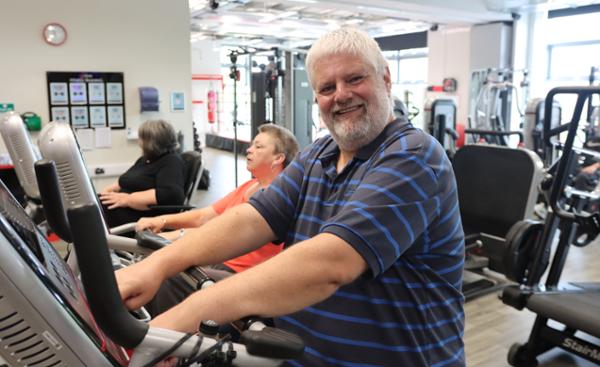
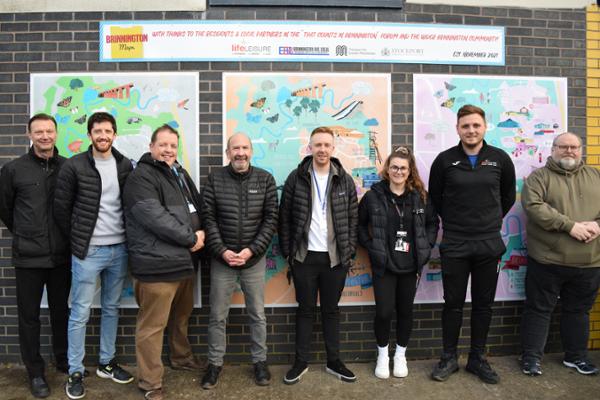
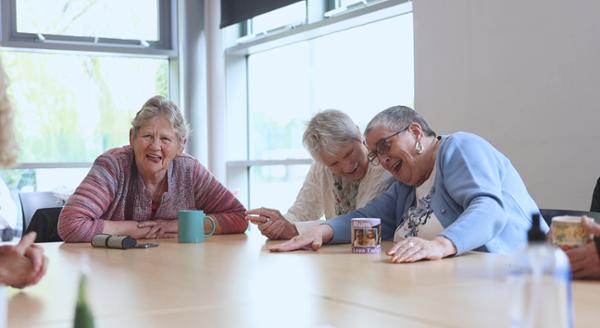
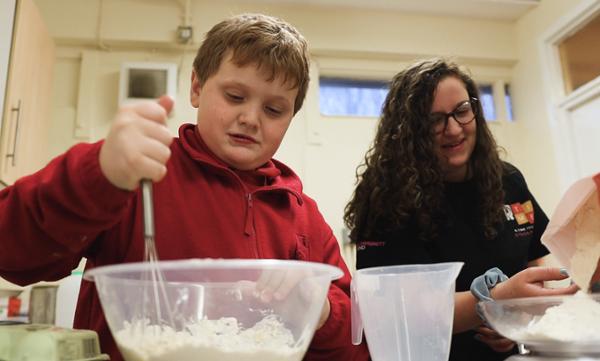
Duty Manager (Dry)
Health and Fitness Instructor
Head of Operations
Senior Leisure Officer
Swimming Teacher
Swimming Teacher
Company profile
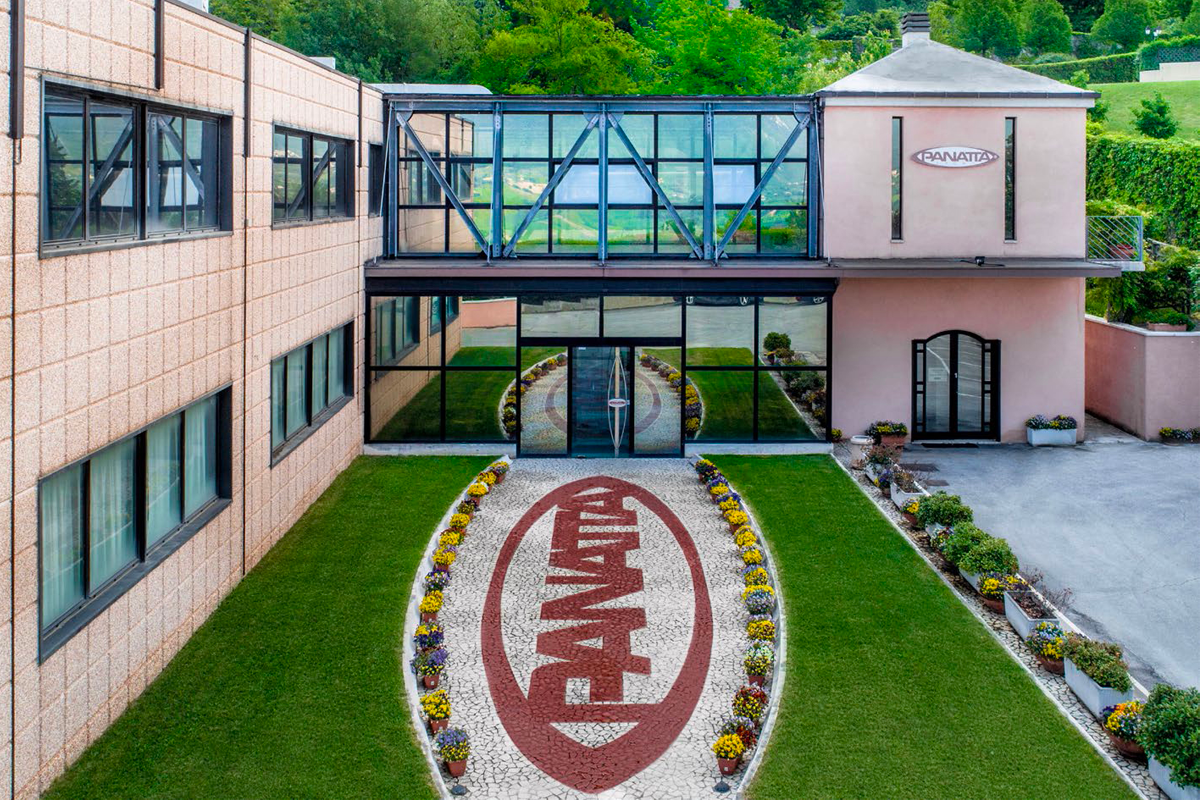
Featured Supplier

Property & Tenders
Company: Savills
Company: Cotswold Lakes Trust
Company: Knight Frank
Company: Belvoir Castle
Company: London Borough of Bexley












